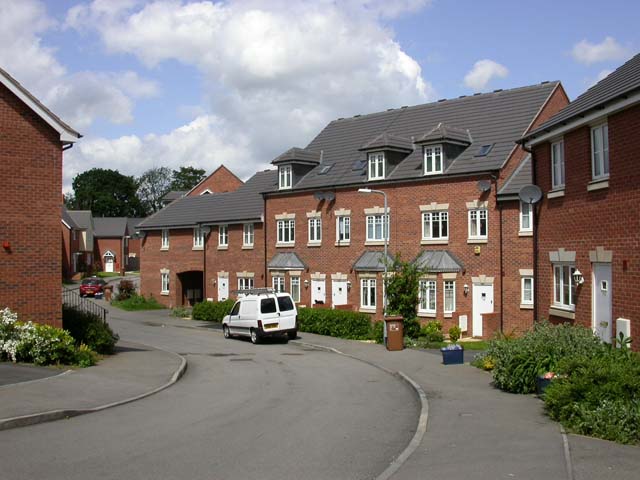
Four creative ways people are avoiding high house prices
High prices, short contracts, and a shortage of suitable housing – renting is really just not fun.
Some people are looking outside the box. Renting isn't the only way to get a roof over your head when you haven't got a property of your own. We meet four people who’ve taken their housing into their own hands for some inspiration on creative ways to avoid the housing crisis.
Amber lived in a tent for the summer of 2015, and loved it so much she moved back in for the summer of 2016
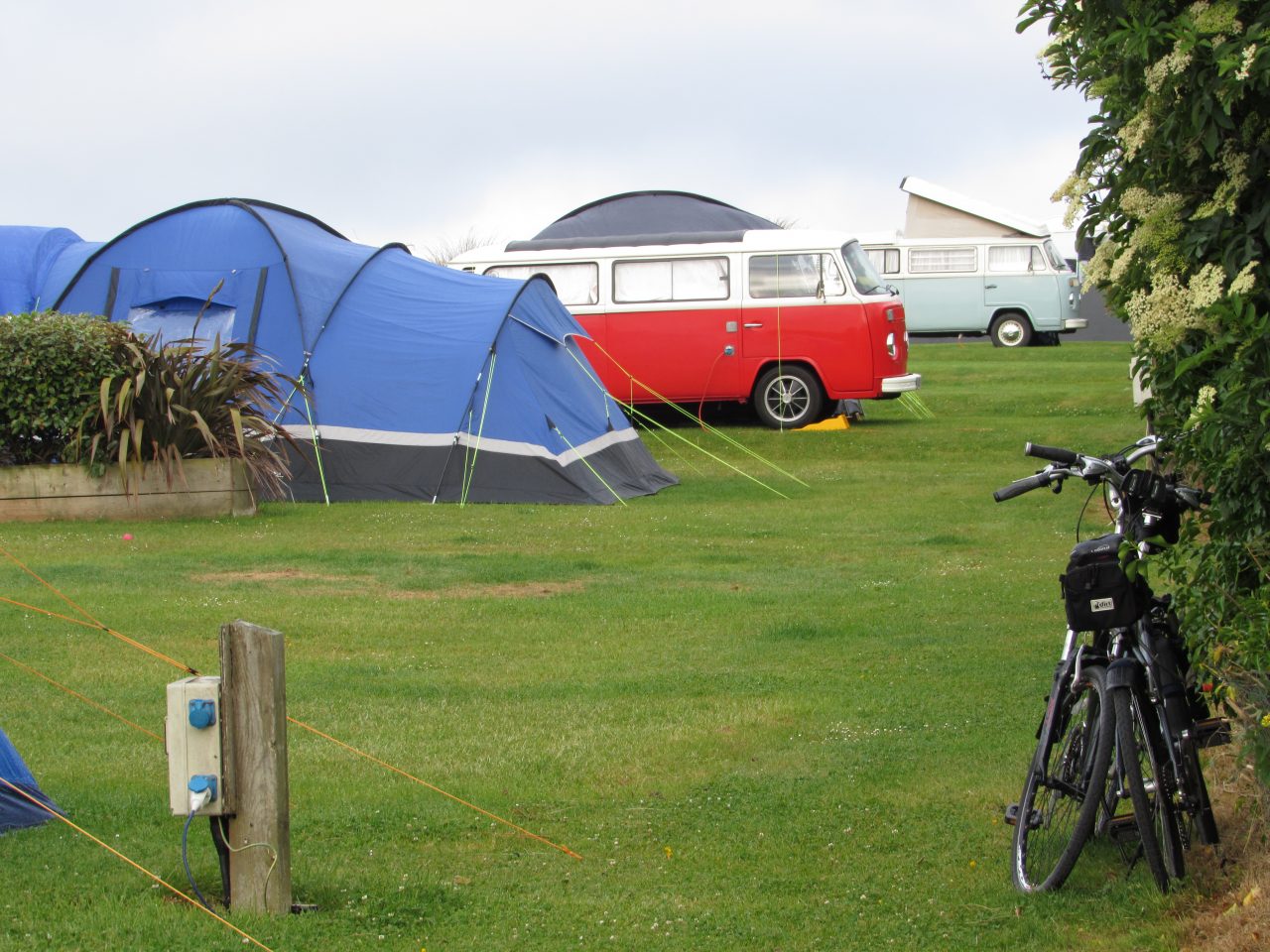
"I’d started a new job. I was six months in and realised that this wasn’t for me. I had a two hour commute each way, I was never in my apartment which cost me lots of money to rent. The whole thing was crazy. I was spending tons on fuel, I was never at home.
I wanted to change things, but I realised if I took on another rental property or stayed in my apartment I was going to be in another situation where I was stuck in this job because I was going to have to pay rent. So I decided to camp. There are lovely five star campsites where I was working near St Ives in Cornwall. It’s a really nice area, it was springtime, so why not? I decided to put all my stuff in storage, I moved out and I started camping. I’d never camped before and I loved it.
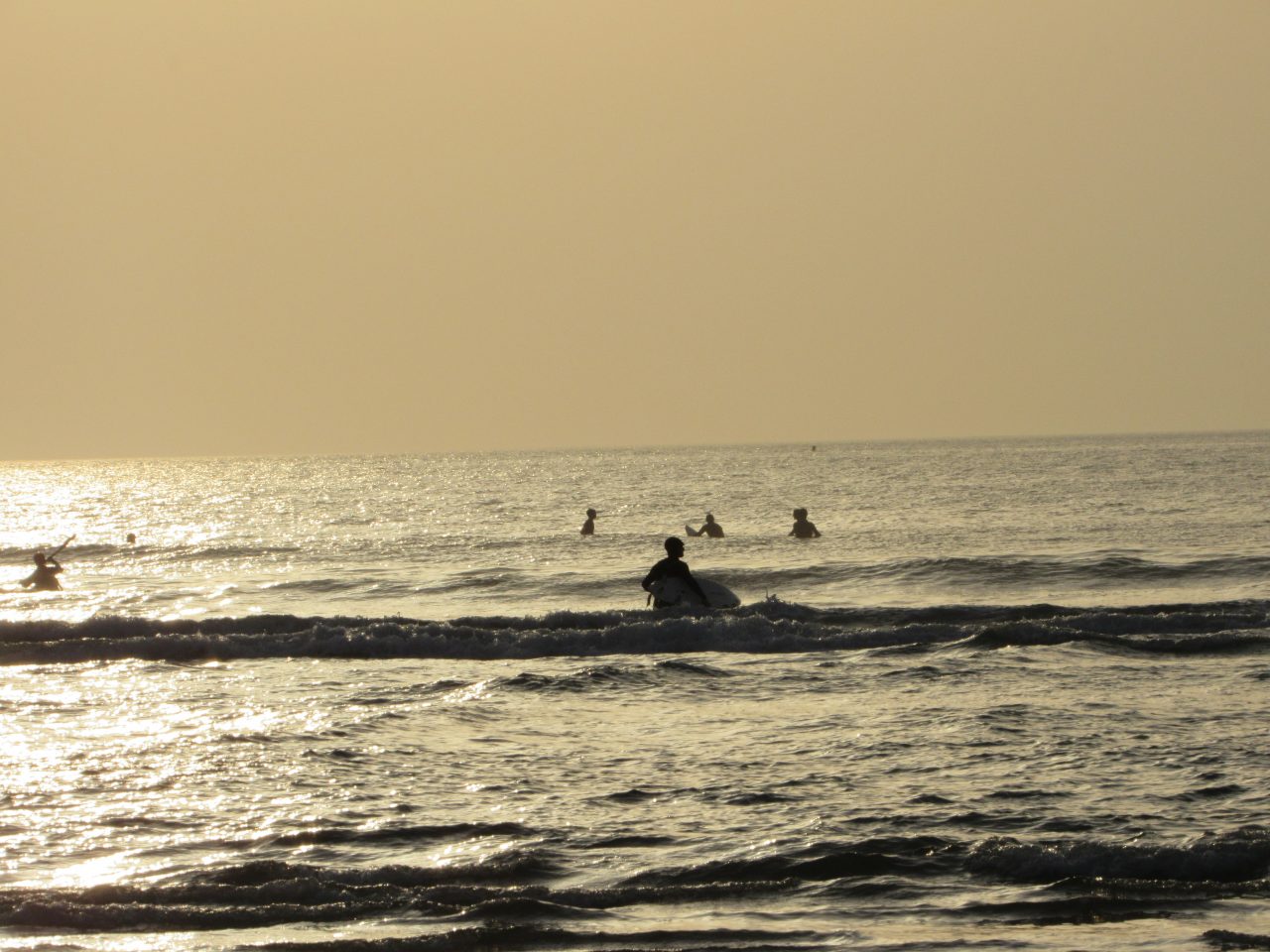
The biggest challenge was overcoming my own preconceptions about what you should be doing at a certain age in your career and your life. But I loved it. I ended up camping for six months. I found a holiday cottage to stay in over the winter – then I went back to camping the next summer.
The whole thing facilitated a career change, so now I’m training to be a teacher. I’m not tied to that salary anymore. I’m not tied to anything in the same way.
In my old job I was earning about £26,000 a year. I was paying about £1,000 a month for rent and bills, a couple of hundred on fuel. My service on my car after the first six months of this job was a thousand pounds. We’re talking quite a lot of money.
“I’m not tied to that salary any more. I’m not tied to anything in the same way. ”
After a while I moved from the luxury campsites and went down to spending about £8 a night. When you’re camping you spend more on food, you eat out a bit more because you want a hot meal and you don’t want to eat something really simple. But it’s nothing in comparison. It allowed me to claw back some financial space. I would have been still tied into this scramble for rent and bills, all these things you have to do in a month before you can even breathe, and that becomes quite preoccupying. It becomes a worry, and I felt worried. I love the simplicity, it’s unbeatable."
Morven was fed up of landlords, so formed a housing co-operative in Manchester
"In practical terms, my life’s pretty similar to renting, just a bit nicer. I used to rent with a group of friends and we lived fairly communally – we shared food, had a cooking rota. We liked that way of living, and wanted to make it less temporary.
Moving every year, and having landlords who don’t really care for the property when you really put a lot of time and investment in it was horrible. It’s bad for people's mental health, it’s bad for stability, it’s not a secure financial or emotional way to live. That’s why we set up a co-op.
None of us have any sort of a nest egg or a high salary so we’re managed by a sort of umbrella co-op. We just pay rent to them, we didn’t have to make any sort of a down payment. It doesn’t make that financial difference to me as an individual, I don’t own any of the house personally, but it’s more about the emotional security and the way of living.
There’s a lot of work to be done to make co-ops something that’s open to everyone. Something that families with young kids can live in for example. It feels like houses are just built for our individual nuclear families and not really anything else. I think it could be a solution for more people, but it means more people wanting to do it and more fiddling about with the way it’s done."
Ellie lives in a van in a carpark every summer
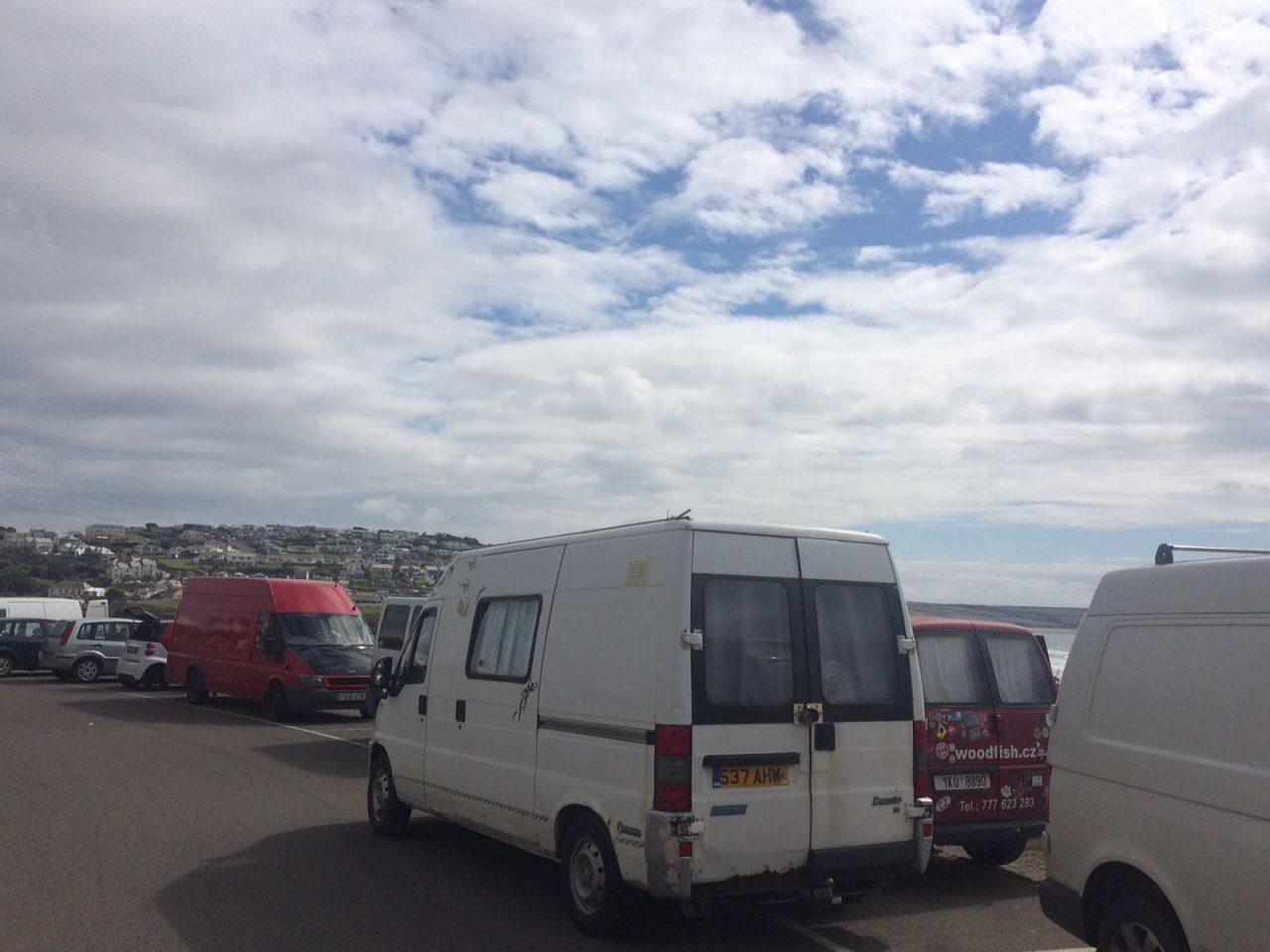
"I live in the van for lifestyle, because I like it, rather than for financial reasons. I spend the summer working in a cafe in Polzeath in Cornwall and living in my van, then I travel over winter. There aren’t such thing as rooms in shared houses here. There’s a campsite and a couple of places have staff accommodation. The campsite didn't appeal, and when I worked in a hotel the staff accommodation was miles away, you'd have to bus in and out everyday and take a taxi if you were working late. I wouldn't even consider that option. I don't live down here to not live by the sea.
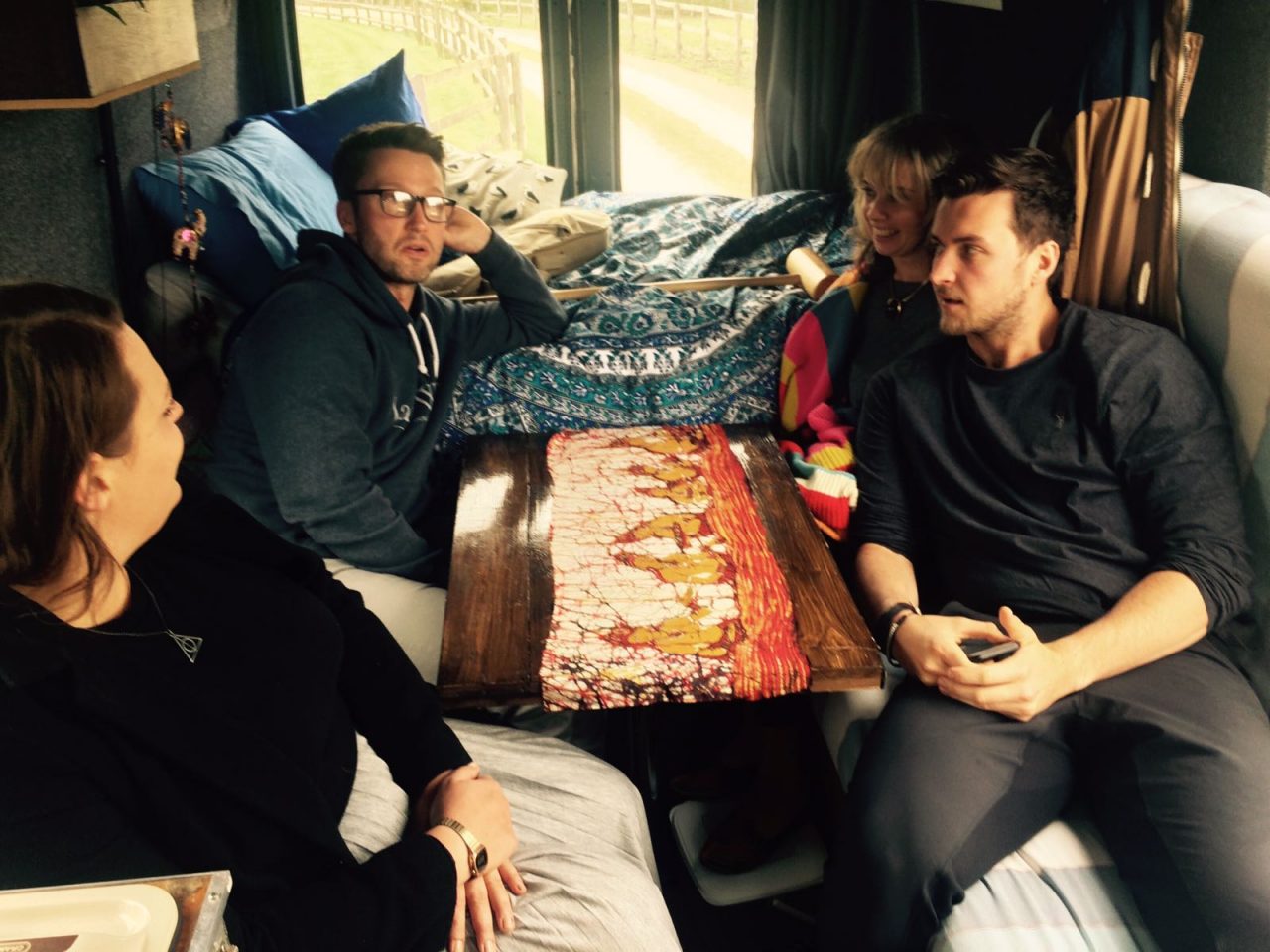
I used to work at a big fancy hotel and a lot of the staff live in staff accommodation a long way away. They have to bus in and out everyday and when they finish work at midnight or one in the morning they have to take taxis home because that’s the only place for them to live. I wouldn’t even consider that option. I don’t live in Cornwall to not live by the sea.
I don’t really move around. Sometimes if I’m working late and have to be up in the morning I’ll park outside work, but most of the time I stay in free parking up on the cliffs. I often won’t move the van for several days, you worry about losing your parking space. It’s so convenient, there’s a public loo there that’s kept really nice and clean – you just have to keep stocked up with 20 pence pieces. I’m a member at a fancy hotel so I shower there.
“I don’t know anyone up there who does it. I think people would just say that you’re homeless – which we are, technically, I suppose. ”
I bought the van converted but when I was travelling over winter my parents did some bits to it to make it more plush and homely. The walls and ceilings are all carpeted, I’ve got cushions covers and candles, it’s nice but it’s either boiling or cold. So for example, I’ve been working ten days in a row but I’m off today.
I’d love an afternoon nap but it’ll probably be too hot, whereas when I moved in in March, and it was so cold I’d have pyjamas, a sleeping bag a hat and a hot water bottle and I’d be freezing. In winter, one of my friends uses their van and travels down to Spain and Morocco. There’s a whole movement of people, there’s a #vanlife hashtag on Instagram.
I found a girl on there who’s at uni in Cardiff and lives in a van instead of living in student accommodation because it’s free. I’m from the midlands, I don’t know anyone up there who does it. I think people would just say that you’re homeless – which we are, technically, I suppose."
Ali gets cheaper rent by living as a property guardian in an old university halls in London
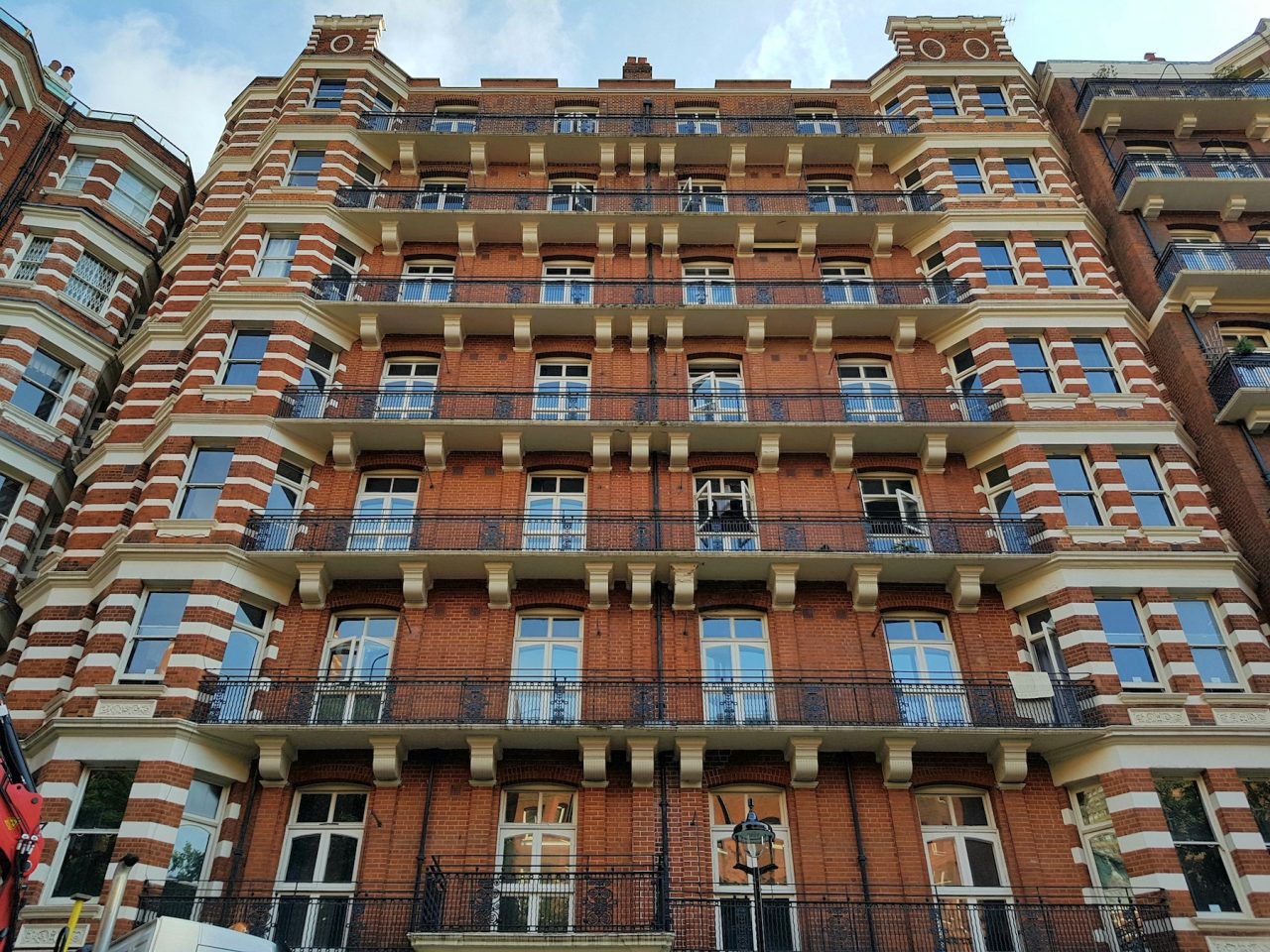
"I live in a guardianship because it gives me a set of options. On a month-to-month basis there’s less pressure to have a certain pay packet. I can have gaps in employment while I search for work that I want to do and it means I can work part time and still live in London.
I got stuck in a job that I didn’t really want to do and I couldn’t find a way out. I was working loads of extra hours and not earning enough money to enable me to take some time off. I was living in Shoreditch and paying about £750 a month. I ended up being signed off work. I knew I needed to make a career change and give myself the mental space to recover from the anxiety that I'd got and try to understand what I wanted to do with my life.
The first guardianship I did cost £350. It meant that when I got some part time work I could do a month of work and pay two month’s rent. It gives you a totally different feeling about work and the pressures that you’re under as a young person, trying to pay rent.
“It’s a stopgap measure. You’re living somewhere while it’s waiting to be knocked down so it can be turned into someone’s actual home. ”
It’s not something everyone can do. It’s a stopgap measure. You’re living somewhere while it’s waiting to be knocked down so it can be turned into someone’s actual home. I'm living in an old university halls, but they're about to redevelop it into super expensive flats. You need to be happy moving house. You don’t really have any rights.
The best guardianship I ever had was £283 a month for a two person council flat in Poplar with a balcony looking over Canary Wharf. I've also lived in Aldgate East in a 7 bedroom ex-student flat and an old youth hostel in Croydon for £350 a month.
In that place, I signed my license agreement, moved in and then got served my 28 days notice the next day, and had to move out. That could happen because I'm not a tenant, but a 'licensee' so I don't ever have 'exclusive rights' to the property. I can get served notice at any time, 28 days is pretty generous – some guardianships the notice is two weeks.
I’ve enjoyed downsizing my stuff and living in a really minimal way, which makes me feel that I’m more able to respond to a situation where I have to look for a house in a month. But housing is so bound up with your identity, and some people want to be more stable."



